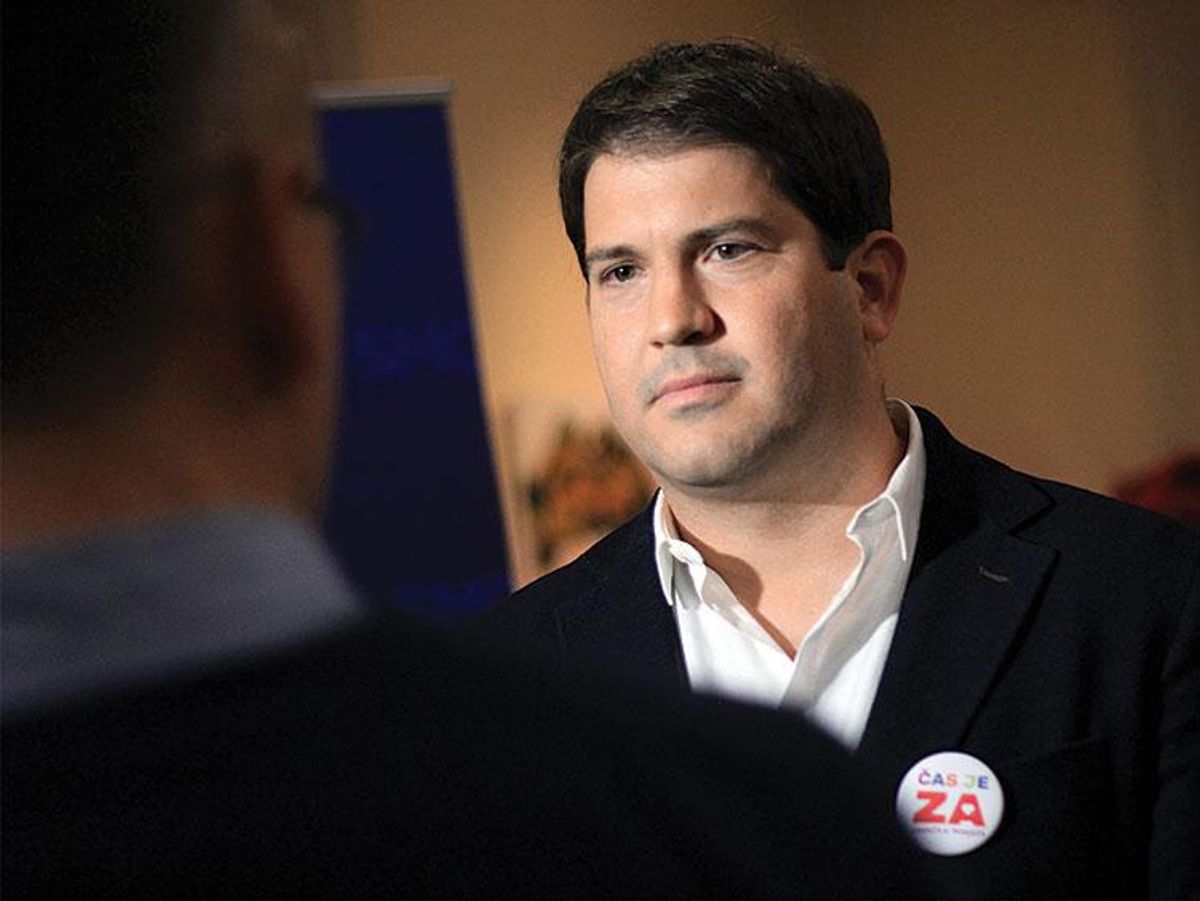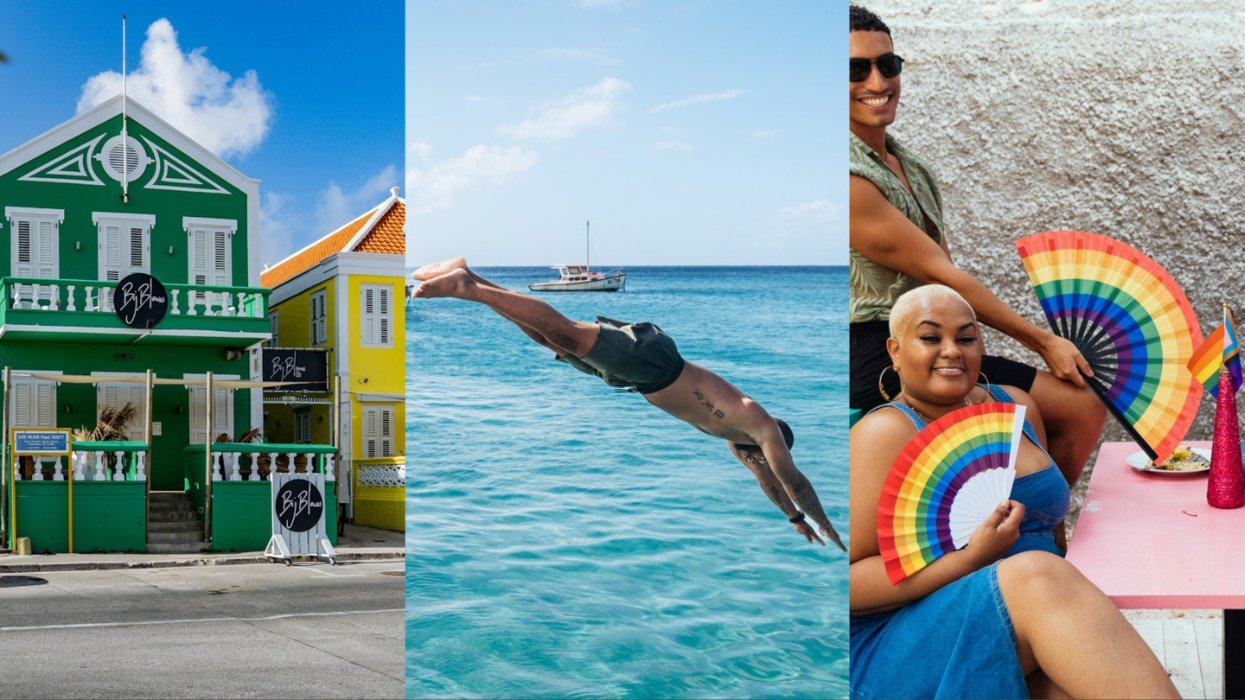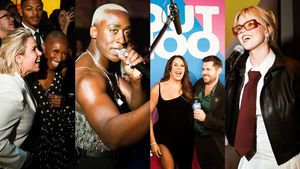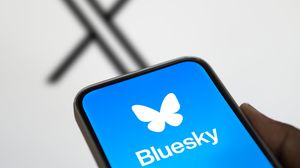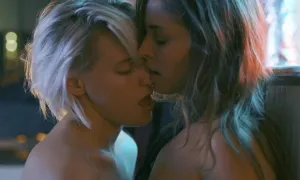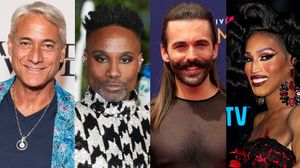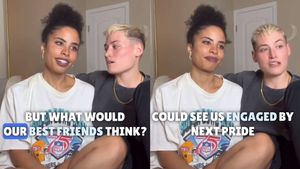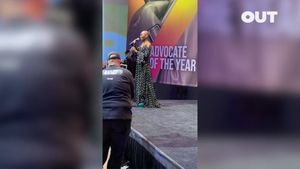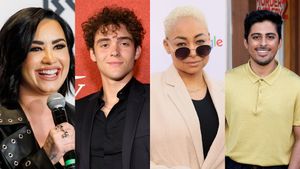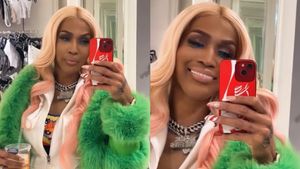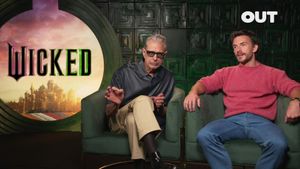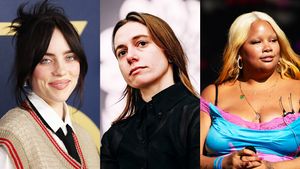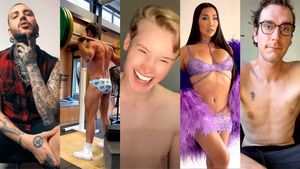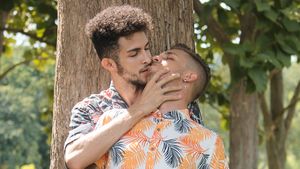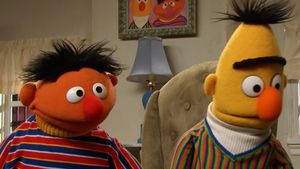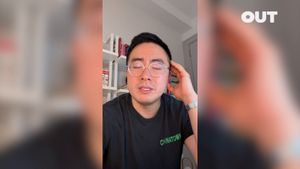I came out to myself in December 1995, inspired by a book written by Paulo Coelho. His words gave me the confidence to come out of my shell, and to make it down to the 10th Slovenian Gay and Lesbian Film Festival. I followed the crowd afterward to the local gay discotheque -- it happened to be the only gay discotheque in the country, and it was only open on Sundays. The spring after that, I came out to my friends, started my first relationship at 20, and gradually came out to my family.
It was hard to be gay before the Internet. I had access to The Advocate from one of the bookstores in Ljubljana, which helped massively, but that was all I had. Being gay wasn't something people spoke about. Nobody was out. Maybe a few writers and activists, but that was it. It was so frustrating to see everybody censoring themselves, staying as a subculture.
My family was positive and supportive, but that made me one of the lucky ones. Nowadays LGBTI+ Slovenians are still very careful about whom they come out to. A lot of famous TV stars, actors, politicians, and sportspeople are closeted. Our society gives us mixed messages about what's OK. On one hand there's the principle of tolerance, but on the other, silence and "discretion" are favored and rewarded.
That's why I'm fighting so hard for equal marriage in Slovenia. Yes, it's important that two people of the same sex be able to marry, but more than that, equal marriage would be a gesture to Slovenian society that discrimination and stigmatization based on sexual orientation is illegal, and not OK.
But it's a really tough fight, one that's been ongoing for the last 15 years. We've had two referendums on the issue: one in 2012 to allow for more rights to people with civil partnerships and one in 2015 for equal marriage. Both issues had government support and yet were called to a referendum by the public and voted down -- the first, by 55%, and the second by 63%. The problem is, our political "allies" believe in equality more on a rhetorical level than a practical level, and so we had a complete lack of support in our campaign. It was really difficult seeing Ireland and the United States bringing in equal marriage when we were so close to having it ourselves.
The "no" campaign had majority support and the moral backing of the Pope. We didn't have this and could only rely on small donations from our community to canvass with. So we took to the media, asking the parents of gay and lesbian children to speak out and show their support for their kids.
We worked a lot with our straight allies -- parents, friends, relatives, coworkers, and friendly political parties -- to stand for equality. We had to make tactical decisions about how we represented our side. It's hard to try to win over a majority while knowing that they don't value your diversity as a community.
There were only 14 of us officially registered campaigners, but we all came from different parts of the LGBTI+ rainbow. Lesbian parents with children took an important presence in the media, as did gay couples. We found it important to have a transgender woman speak for equality in the campaign as well.
Upsettingly, the "no" side used homophobia, transphobia, lies, and manipulation to win.
Two days after the "no" side's win, the government introduced another bill. This bill would give same-sex partners in Slovenia all the rights of married couples except the right to adoption and in vitro fertilization.
I see the bill as a good step forward. As activists, we're talking to the different parties just now, and there's a chance that this law will be accepted. If approved, it'll be moving legislation in the right direction.
It's about time our country finally takes this step toward equality. It would be small for mankind, but huge for Slovenia.
